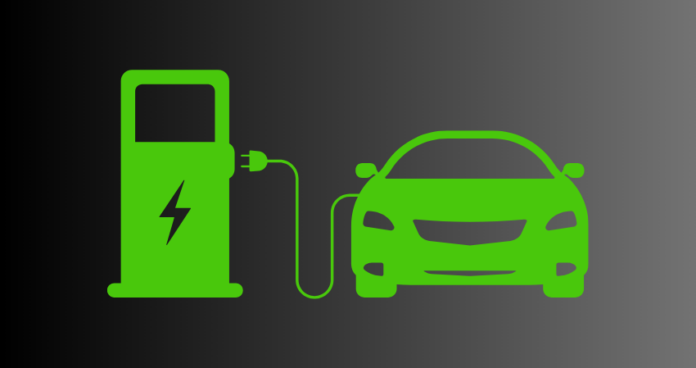Hub Power Company Limited (HUBCO) has revealed its plans to establish Hubco Green (Private) Limited, aimed at developing a nationwide Electric Vehicle (EV) charging network.
The company, which is the largest Independent Power Producer in Pakistan, shared this development with the Pakistan Stock Exchange (PSX) on Thursday through its quarterly report.
“As part of our commitment to setting up a local vehicle assembly plant for new energy vehicles in Pakistan, Mega Motor Company (Private) Limited has recently signed a Supply and Manufacturing Agreement and Technical License Agreement with BYD Auto Industry Company Limited. These agreements are in addition to the Distribution Agreement signed between the parties in June 2024 to launch and sell BYD’s vehicles in the country,” read Hubco’s report.
Hubco said that in line with their initiative in the Electric Vehicles (EV) domain, a new venture Hubco Green (Private) Limited was in the process of incorporation with the objective to install EV charging infrastructure across the country, including motorways, highways, major cities and destination charging avenues.
On October 17, Hubco announced that its associate Mega Motor Company (Private) Limited entered into a Master Supply and Manufacture Agreement with BYD Auto Industry Company Limited to manufacture, market, and distribute BYD brand passenger vehicles in Pakistan.
Bloomberg reported in August that the Chinese automaker BYD will be working in a joint venture with Mega Motors to set up a factory near Karachi’s Port Qasim area that houses assembly plants for other automobile companies including Toyota, Suzuki Motor and Kia’s local units.
The factory will be completed in the first half of 2026 with exact details of the plant still under discussion, according to the source.
It will also set up showrooms in Karachi, Lahore, and Islamabad to start selling in the fourth quarter of this year, according to the source.




